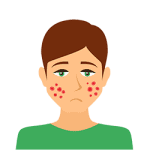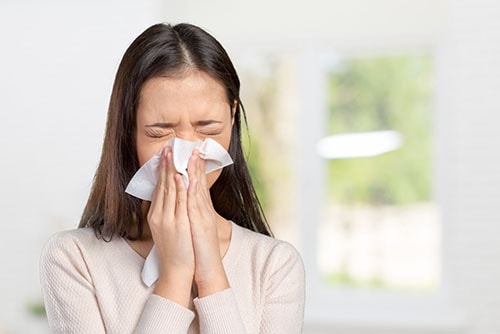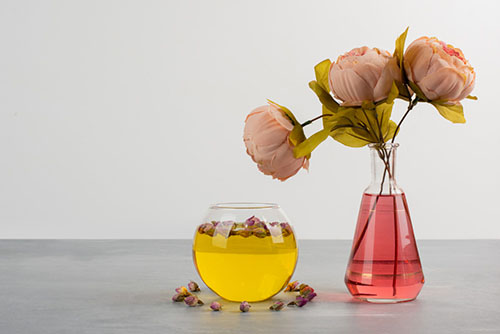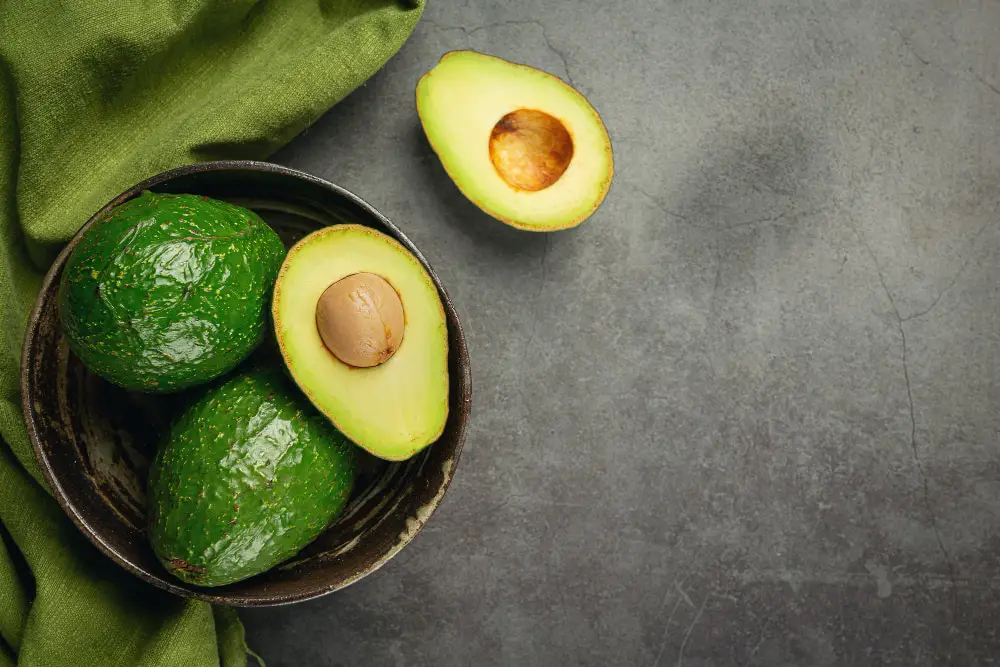
Is tea high in histamine, the notorious chemical that causes your body‘s allergic response? Tea is not considered a histamine-rich beverage. Some types of teas even have antihistamine properties. However, there are teas that block the enzyme DAO in your body, which contributes to histamine intolerance.
My son suffers from seasonal allergies, so we have debated this question in our tea-loving household. His pediatrician informed us that herbal teas were safe to consume. He advised us to avoid green or black tea, which contain substances that can block the histamine-clearing enzyme in the body.
It can be tough to sort out the allergy-related information regarding tea. In this article, we hope to answer the following:
Contents
Scientists are yet to determine the exact levels of histamine in tea. In general, the histamine level in plants are very low. The only exceptions are avocado, spinach, eggplant, and tomato. These are the only plants with high levels of histamine.
If you just want to enjoy a beverage without worrying about ingesting a lot of histamine, tea is a relatively safe bet.

Histamines are considered the most “annoying” molecule in the body for its role in producing an allergy reaction. Histamines are responsible for alerting our immune system to get rid of parasites in the body.
Scientists call histamines signaling molecules, because they send chemical signals to cells. The role of histamine in the body goes far beyond just making you sneeze out pollen. This molecule is responsible for a range of functions, such as triggering stomach acid production and telling the brain to wake up.
Some histamines are present in the foods you ingest. The body produces the rest. Therefore, you can’t fully control histamine levels in your body. However, you can partially control this by ingesting foods known to have a low histamine level that do not force the body to produce extra histamine.
Green tea does not have naturally high histamine levels. However, certain chemical compounds in this tea can affect how your body produces or clears out histamine. Therefore, be cautious if you are adding green tea to a low-histamine diet plan.
Studies have shown that green tea may help relieve symptoms of allergies. Green tea contains a compound called methylated epigallocatechin gallate (EGCG), which has anti-allergen properties according to scientists. This potent substance could stop your body from creating an allergic response.
EGCG is present in black and oolong tea as well, but the highest concentration is found in green tea. However, EGCG is a double-edged sword. On one hand, it blocks cell receptors that react to histamine, potentially preventing an allergy attack. On the other, EGCG also blocks the enzyme diamine oxidase (DAO) that breaks down histamine present in the body.
DAO clears out the histamine your body naturally produces as well as the histamine you ingest from food. When you don’t have enough DAO, you may develop a condition known as histamine intolerance. That means that histamine builds up in your body, causing chronic allergy-like symptoms such as nausea, shortness of breath, skin irritation, or headaches.
Green tea can contribute to low DAO levels in the body. Therefore, if you already have histamine intolerance or are at risk of it, avoid green tea. The same goes for black tea, oolong tea, or any variety of tea that has high concentrations of EGCG.

Histamine levels in tea made with ginger root may vary depending on the ingredients. We don’t consider ginger to be a high-histamine food, however.
There are no significant studies to show how ginger affects allergic reactions. As a result, it’s difficult to know if ginger is suited for a low-histamine diet.
One study found that ginger might help alleviate the symptoms of allergic rhinitis, or hay fever. The results don’t directly translate to diet advice, though it suggests that ginger tea is safe to drink if high-histamine is a concern.
Here is a list of drinks known to contain histamine in high concentrations:
Alcohol is not only rich in histamines, it also promotes histamine release by the body. So, if you are on a low-histamine diet, you need to go teetotal.
Milk is rich in histamines, so you might want to avoid milkshakes or yogurt drinks.
The power vegetable also has a lot of histamines, so watch out for smoothies made with spinach.
Unfortunately, this millennial-favorite superfood contains a lot of histamine. So be wary of chugging down beverages containing avocado.
Avoid drinks made with tomato as the fruit will add histamine to your body.

Some foods naturally contain a lot of histamine. There are also foods that trigger histamine release in the body. If you are pursuing a low-histamine diet, you might want to watch out for these as well:
These fruits are low in histamine but consumption will make your body mass produce histamine.
In other words, any juice, smoothie, or drink made from or containing citrus will trigger histamine production. Citrusy fruits include oranges, lemons, and grapefruit.
Additives and food dye also promote histamine production. Some beverages may contain these substances. It’s worthwhile to look at the ingredients list just to make sure.
Some foods don’t increase histamine in your body directly. Instead, they block the enzyme DAO as mentioned above. Here are some DAO blockers that will retain the histamine your body produces:
Tea is not a histamine-rich food. However, some teas, like green and black, block a vital enzyme in the body that clears out existing histamine. Tea might not be a suitable beverage if you want to avoid excess histamine.
